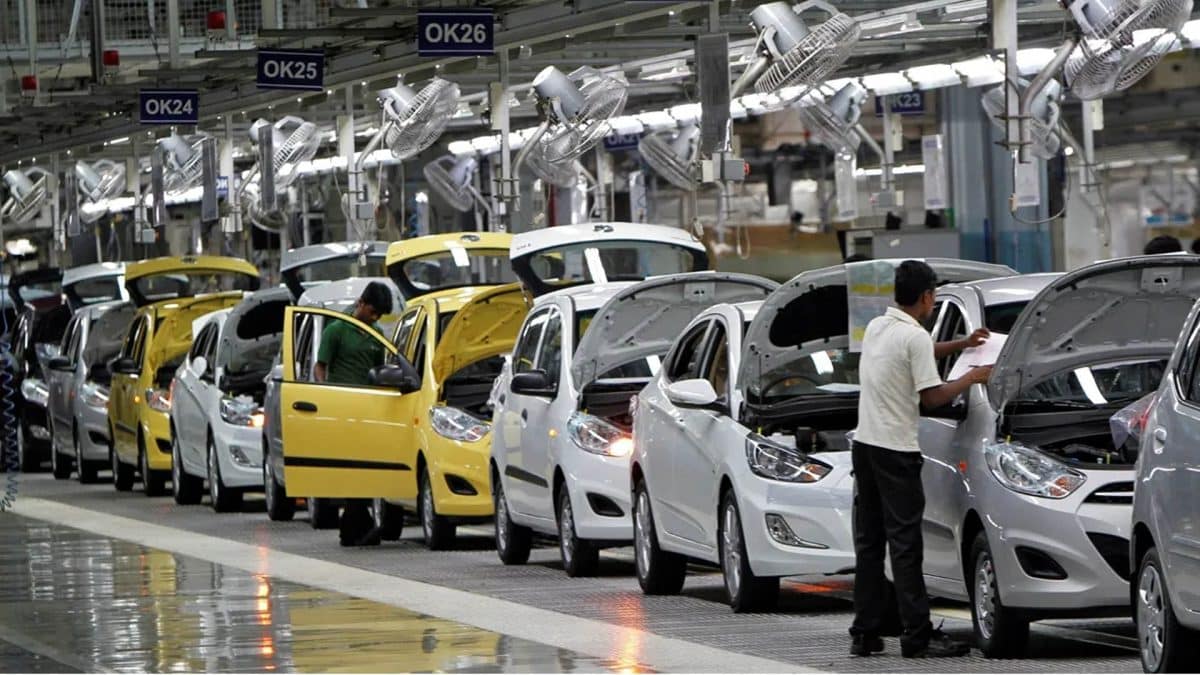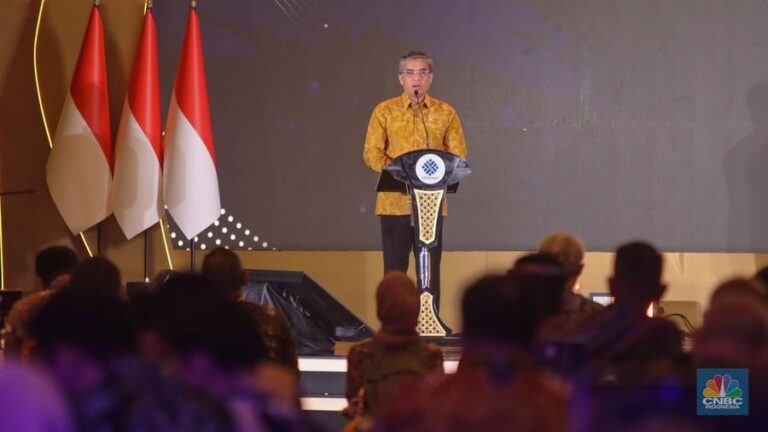New Delhi – Hyundai Motor India saw a sharp 5% decline in its stock price on Tuesday, marking a less-than-ideal trading debut after the company’s monumental $3.3 billion initial public offering (IPO). This IPO, which is the largest-ever in India by capital raised, had generated immense anticipation and was viewed as a pivotal moment for both Hyundai Motor India and the broader Indian market. However, shares opened at 1,874 rupees on the Bombay Stock Exchange (BSE), falling from the initial issue price of 1,960 rupees and surprising many who had expected a stronger debut.
The IPO, which ran from October 15 to October 17, offered 142.19 million shares at a price range between 1,865 rupees and 1,960 rupees, reflecting investor confidence in Hyundai Motor India’s position as a key player in the country’s automotive industry. Despite the significant drop in share price, the IPO was oversubscribed by more than two times, signaling robust interest from institutional investors, retail buyers, and international players alike.
The Structure and Impact of the IPO
Hyundai Motor India’s IPO is particularly noteworthy because it was an Offer for Sale (OFS) rather than a traditional public offering. In this structure, Hyundai Motor Company, the South Korean parent firm, sold its existing shares in its Indian subsidiary to the public. This contrasts with most IPOs, where companies issue new shares to raise capital for expansion or other business initiatives. By choosing an OFS, Hyundai Motor Company sought to unlock the value of its highly successful Indian operation without diluting existing shareholder stakes.
The listing on both the National Stock Exchange (NSE) and Bombay Stock Exchange (BSE) provides liquidity for Hyundai Motor India’s shares and introduces the brand to a larger pool of investors. Hyundai’s choice to go public in India rather than South Korea demonstrates its belief in the Indian market’s long-term potential, where the company has consistently ranked among the top auto manufacturers for years.
The company has been at the forefront of India’s automotive market with its diverse product range, from affordable compact cars to luxury SUVs. Hyundai’s innovation in vehicle design, technology, and its ability to anticipate the needs of Indian consumers have allowed it to capture a significant market share, making the brand synonymous with reliability and value.
Financial Institutions Behind the IPO and Market Optimism
The enormous success of Hyundai Motor India’s IPO can largely be attributed to the stellar lineup of bookrunners, including Kotak Mahindra Capital, Citigroup Global Markets India, HSBC Securities and Capital Markets (India), J.P. Morgan India, and Morgan Stanley India. These investment banks managed the offering and guided Hyundai through one of the most significant financial transactions in India’s history.
Prior to the IPO, financial analysts were overwhelmingly positive about the Indian IPO market’s trajectory in 2024. In an interview with CNBC in June, Neil Bahal, founder of Negen Capital, predicted a “record-breaking year” for IPOs in India. He noted that “supportive policies from SEBI (Securities and Exchange Board of India), strong retail participation, and broad-based growth” were key factors contributing to this unprecedented rise in public offerings.
Bahal also remarked that IPO activity in India is driven by “solid fundamentals” rather than speculative technology-driven listings, as seen in some other markets. This, he believes, makes the Indian market more resilient and attractive to both domestic and foreign investors. Hyundai Motor India’s IPO was expected to set the stage for even more high-profile listings in the coming months.
Short-Term Volatility vs. Long-Term Potential
While the initial dip in Hyundai Motor India’s share price may have disappointed some investors, many market analysts view this as a short-term fluctuation rather than an indicator of the company’s long-term performance. The post-IPO period is often marked by volatility as early investors look to take profits, leading to brief sell-offs. This phenomenon is not uncommon, particularly after an IPO of this scale, where substantial amounts of capital have been raised.
Hyundai Motor India’s underlying business fundamentals remain solid. The company is well-positioned to capitalize on several emerging trends in the Indian automotive market, particularly the growing demand for electric vehicles (EVs) and eco-friendly transportation solutions. Hyundai has already invested heavily in its electric vehicle lineup and plans to introduce more models to meet the rising demand in both urban and rural areas.
Moreover, India’s automotive market continues to grow, driven by increasing disposable incomes, urbanization, and government incentives for cleaner and more efficient vehicles. Hyundai Motor India, with its strong brand recognition, extensive dealer network, and focus on customer satisfaction, is poised to benefit from these favorable market conditions. In conclusion, while the initial trading performance of Hyundai Motor India’s shares may have been weaker than expected, the broader outlook for the company remains highly optimistic. Investors with a long-term view are likely to see the dip as an opportunity to buy into a leading brand with strong growth prospects in one of the world’s largest car markets.









